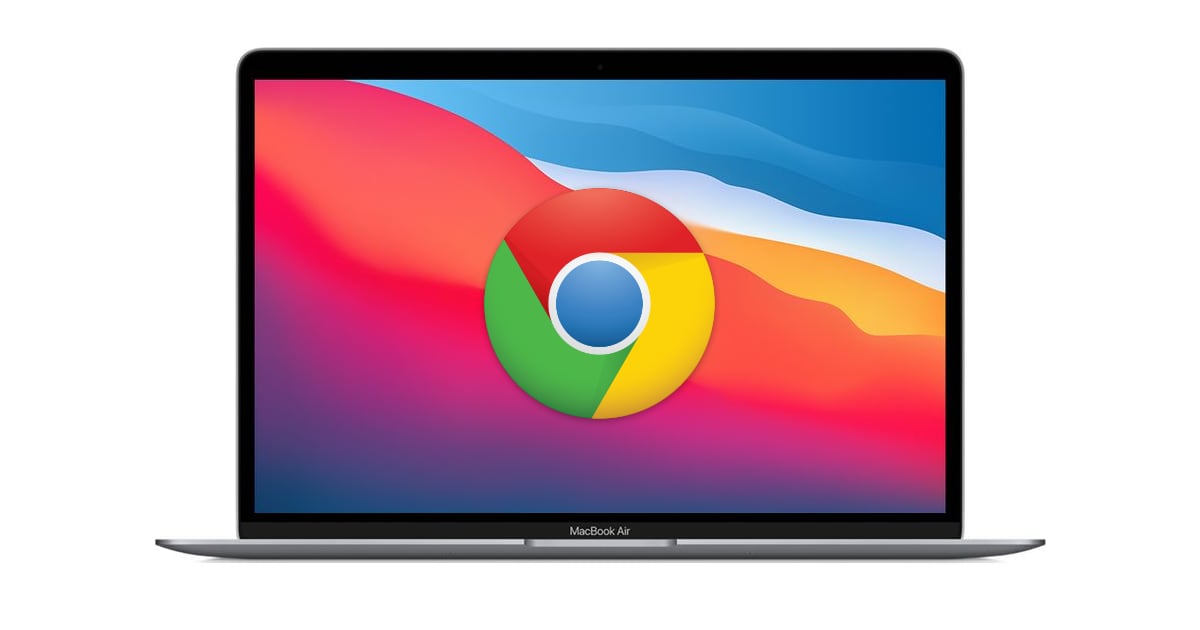


I guess it does for Chrome, for whatever reason. Even though Chrome is infamous for being a glutton for RAM, these results are shockingly. Chrome used a preposterous 290MB of RAM per open tab, while Safari only used 12MB of RAM per open tab.
#Flotato vs mac#
Chrome is known to being a memory hog on Mac and Windows computers, an issue Google has recently attempted to solve. To the author’s credit, they are trying to include child processes – I’m not sure why, but ‘psrecord’ seems to not (in local testing) include child processes for Safari even when the “–include-children” flag is passed. The results revealed that, on average, Chrome used 24X more RAM and CPU per tab compared to Safari on a high web-browsing load. In his tests, Just finds that his own application, Flotato, a lightweight alternative to Chrome that creates apps based on webpages, used significantly less RAM than both Safari and Chrome.
#Flotato vs full#
And if you need the full picture, just resize the window. Because sometimes, all you need is a small, crazy fast version of that bloated web app. To squeeze the last pixel out, Flotato lets you use the mobile version of a web app. This post is unfortunately nonsense, because it’s making a fundamental measurement error: not including renderer processes for Safari, and only measuring the browser process (which should be expected to be roughly O(1) memory in the number of tabs). Once you begin using web apps the Flotato way, you'll be surprised how much space you get back. However, a V8 JavaScript developer commented on Just’s blog post, refuting his findings and explaining that they don’t tell the whole story. Mer info By Abdullah Diaa E-post för förfrågningar: email protected M1 Statistics.

According to Just, it is possible that “Chrome is going out of its way to manage its memory usage across tabs, keeping the current tab fast and responsive”. Är Apple silicon redo för Flotato, Rosetta 2 support for Flotato, Flotato on M1 Macbook Air, Flotato on M1 Macbook Pro, Flotato on M1 Mac Mini, Flotato on M1 iMac. JRJ1IUVgreY trailer-pixar-lightyear-15-06-2022 Trailer Pixar Lightyear 15-06-2022 The story of Buzz Lightyear and his adventures to infinity and beyond. Chrome used a preposterous 290MB of RAM per open tab, while Safari only used 12MB of RAM per open tab.Įven though Chrome is infamous for being a glutton for RAM, these results are shockingly imbalanced.


 0 kommentar(er)
0 kommentar(er)
